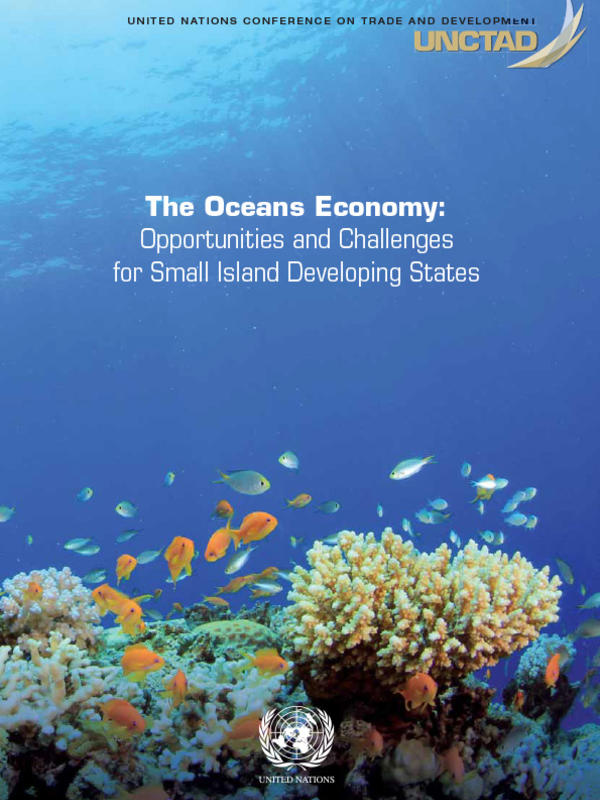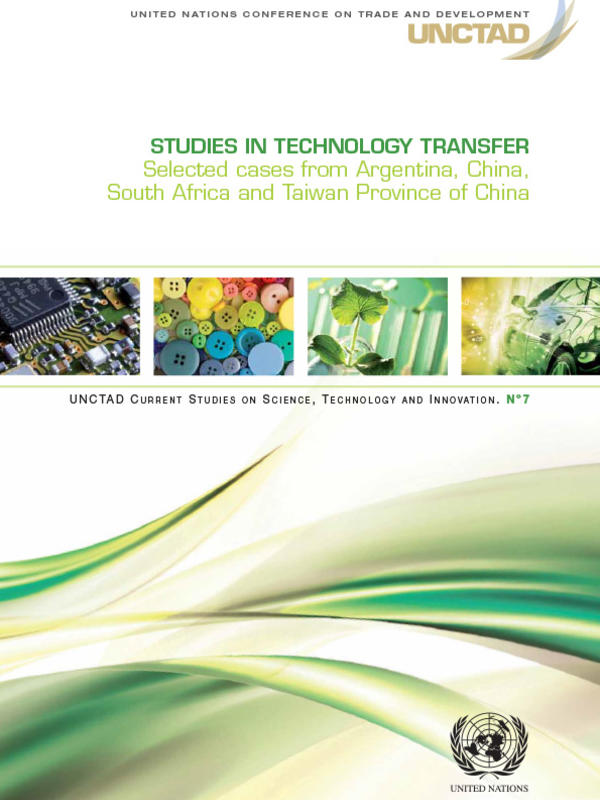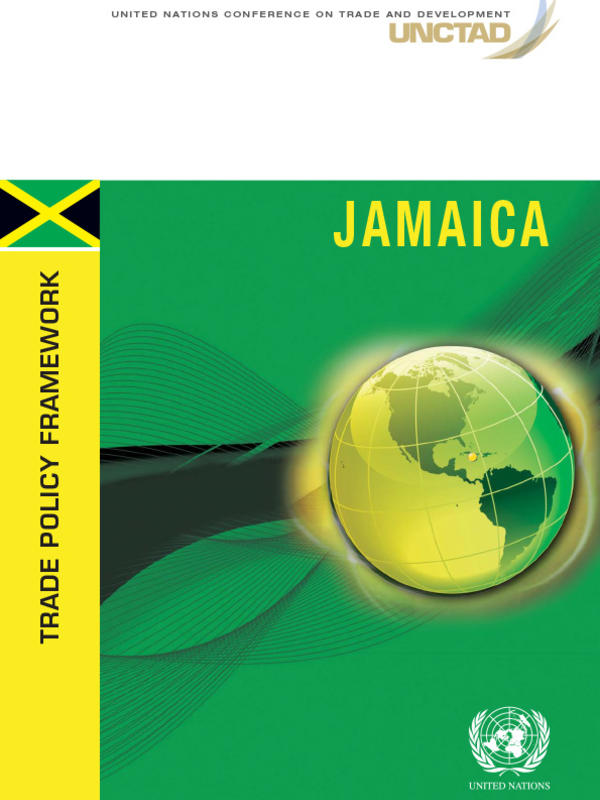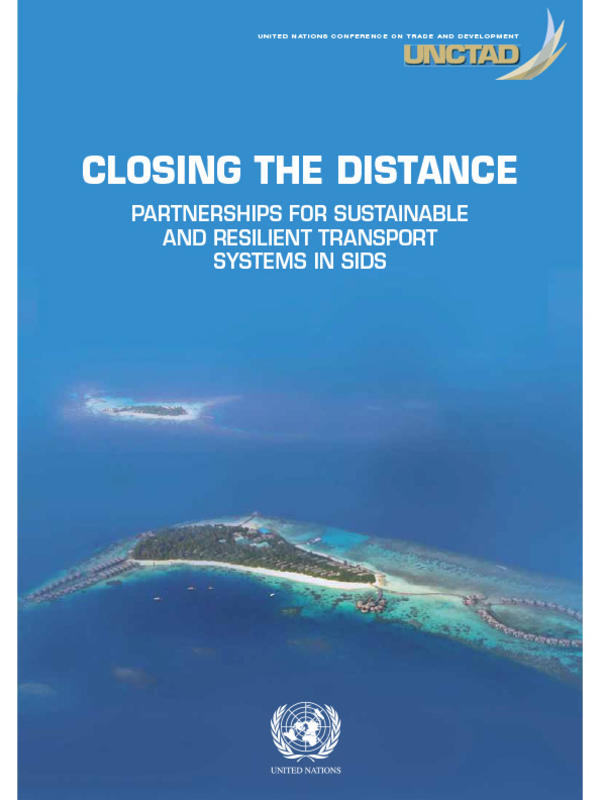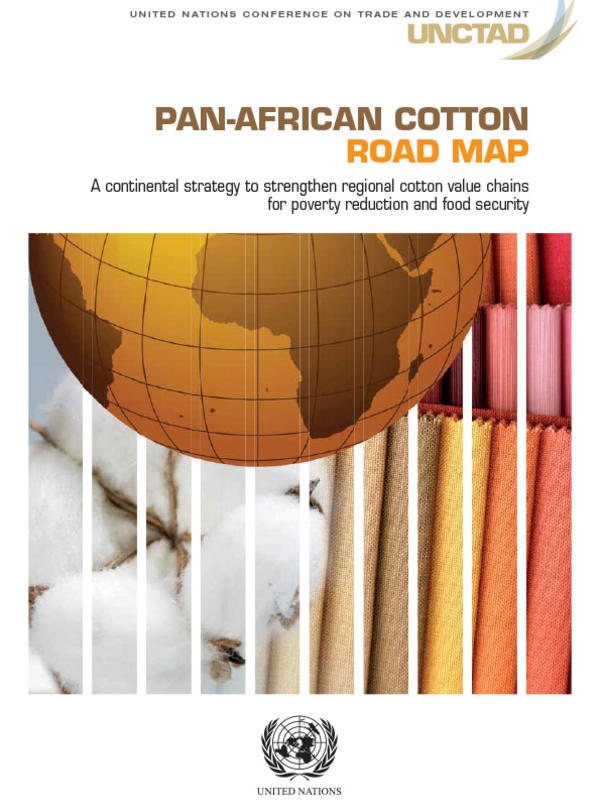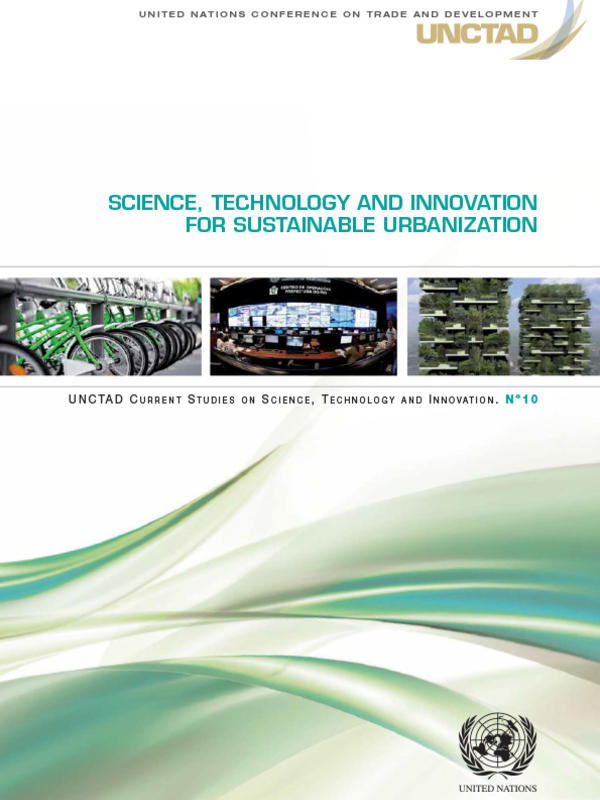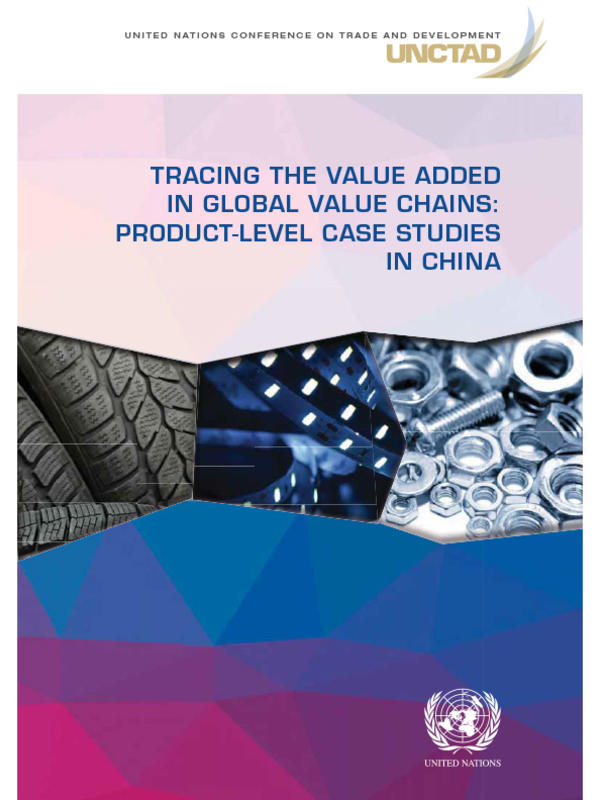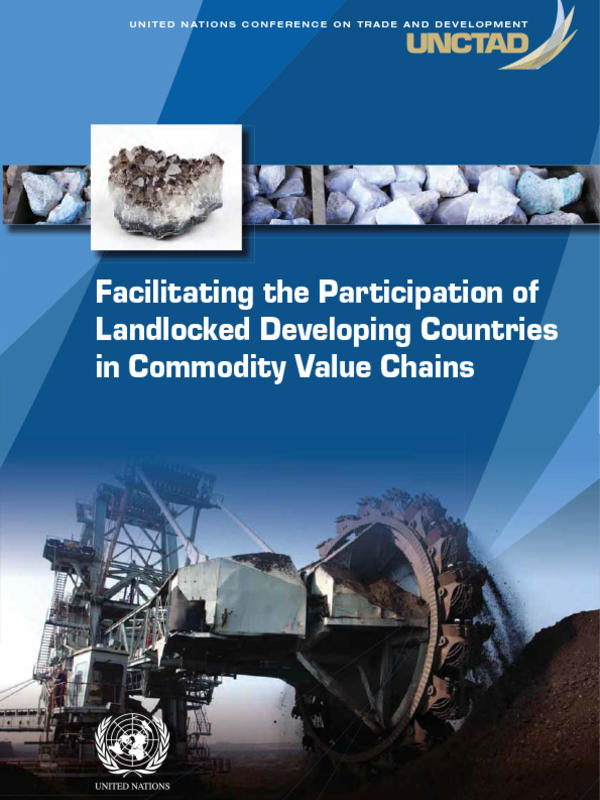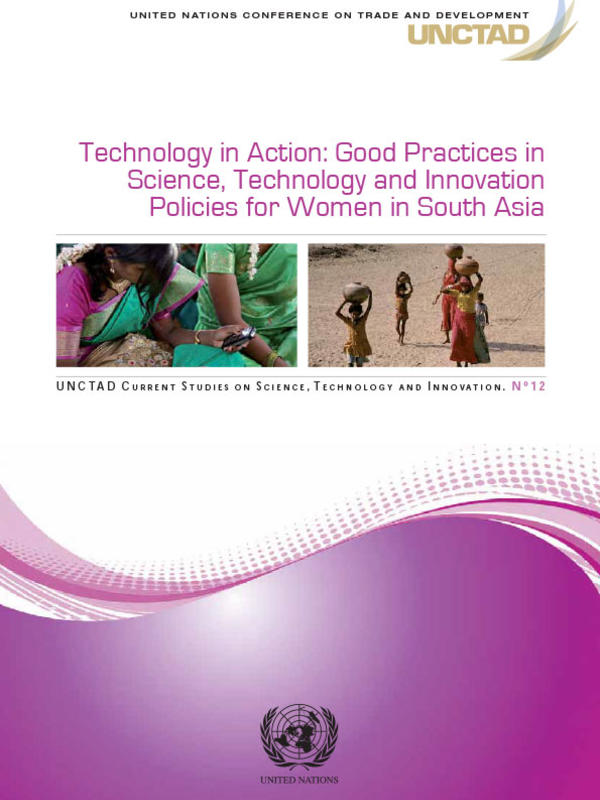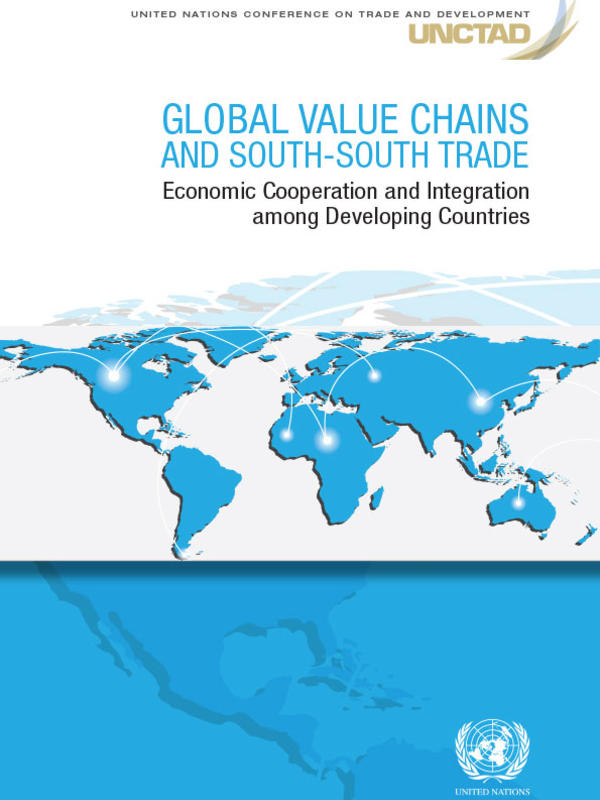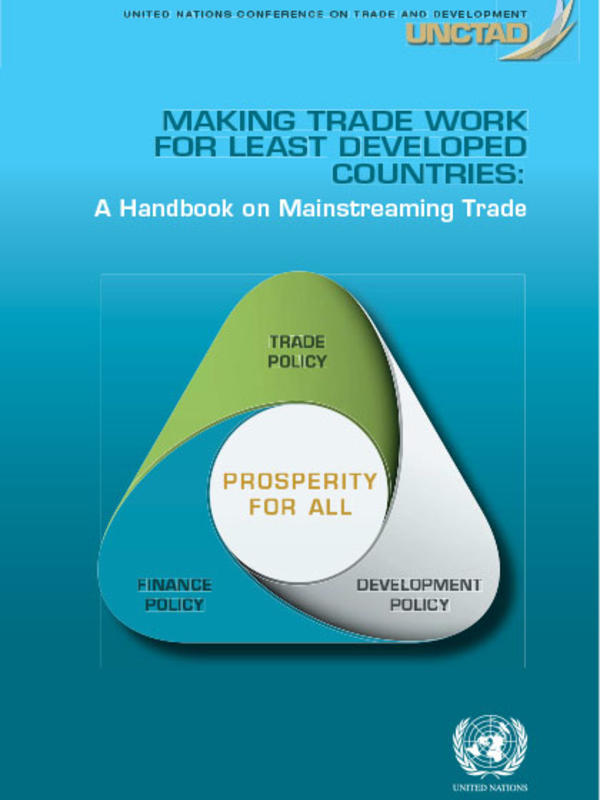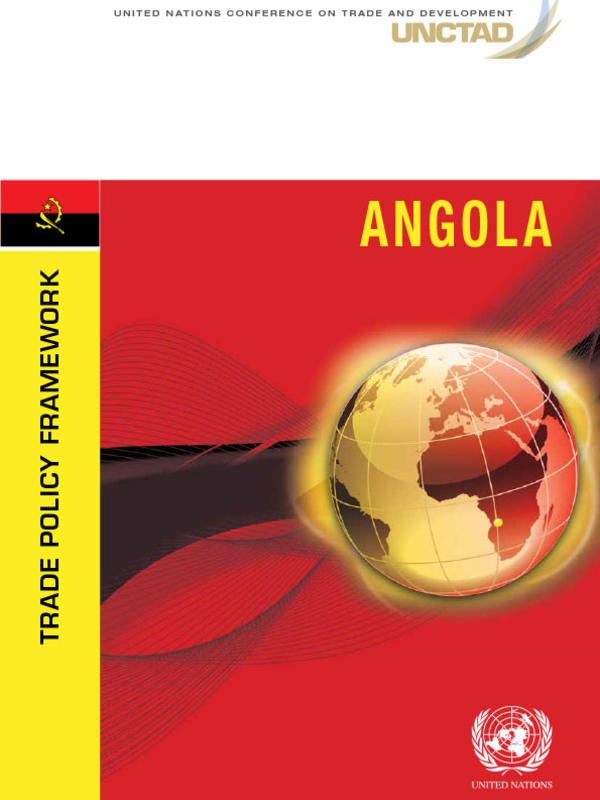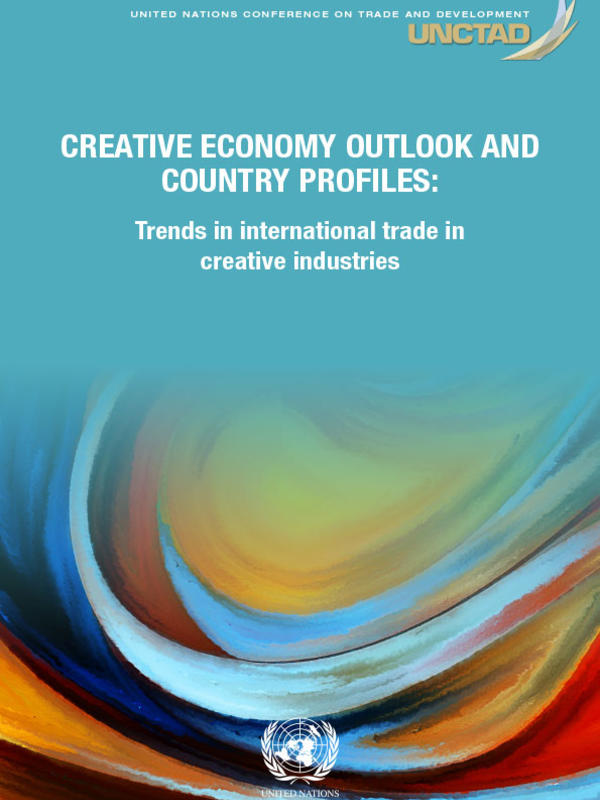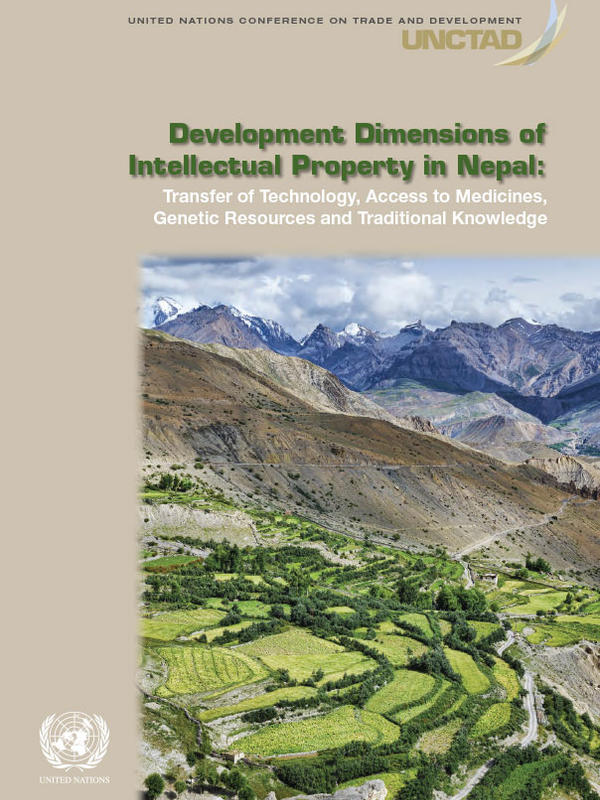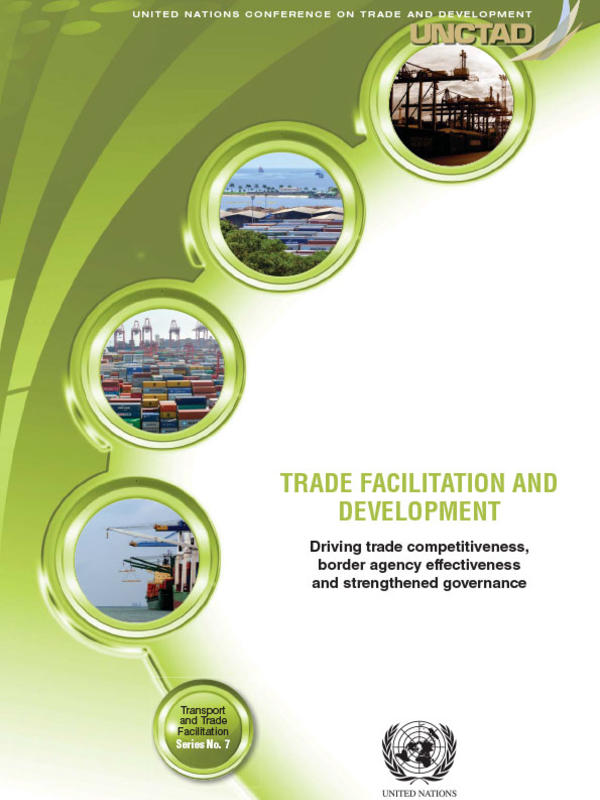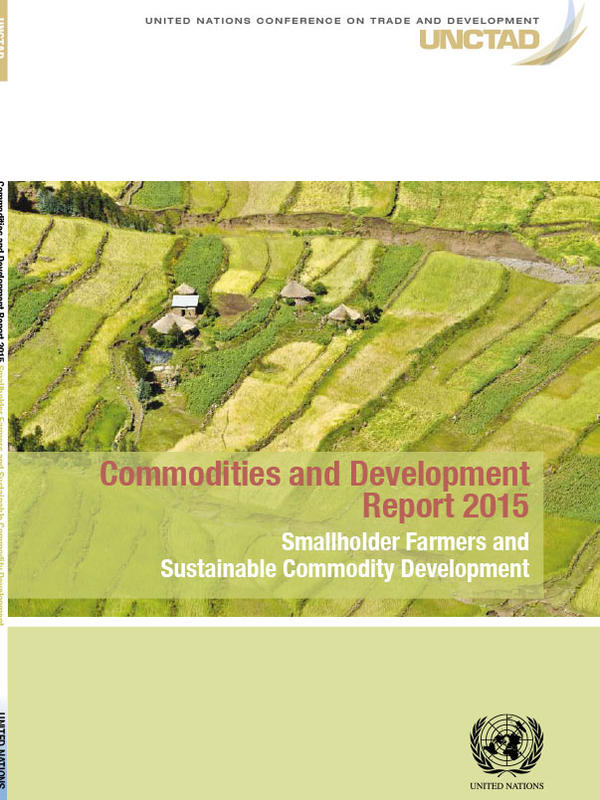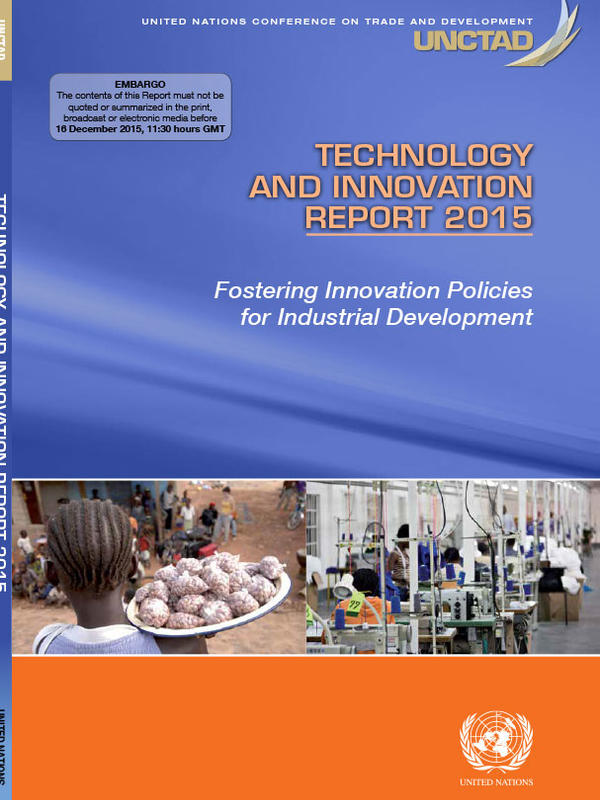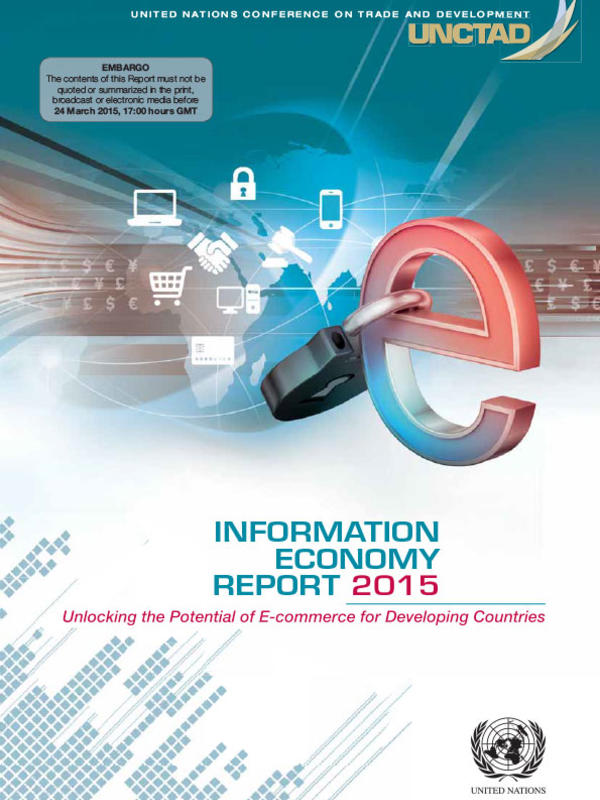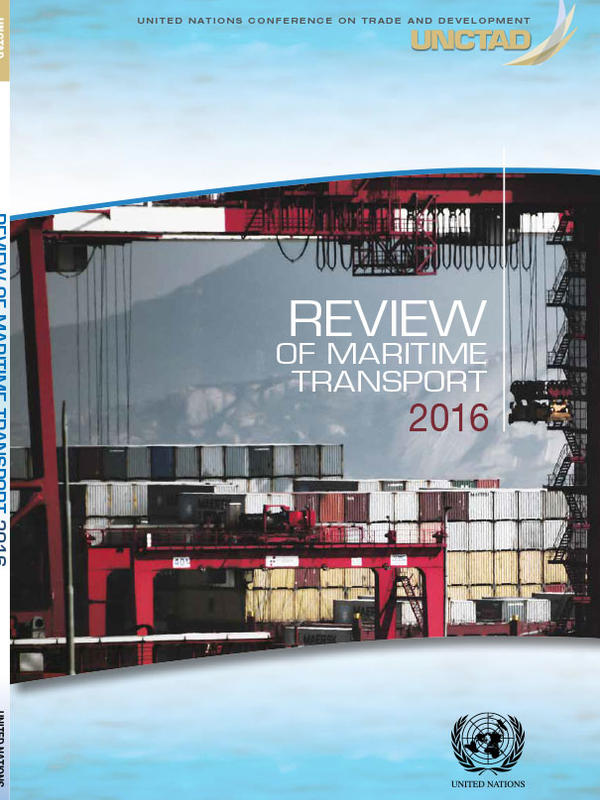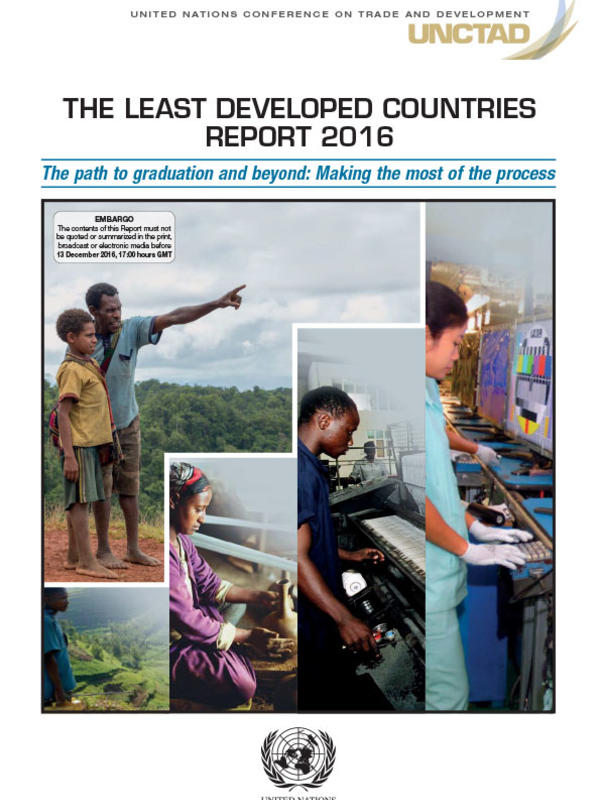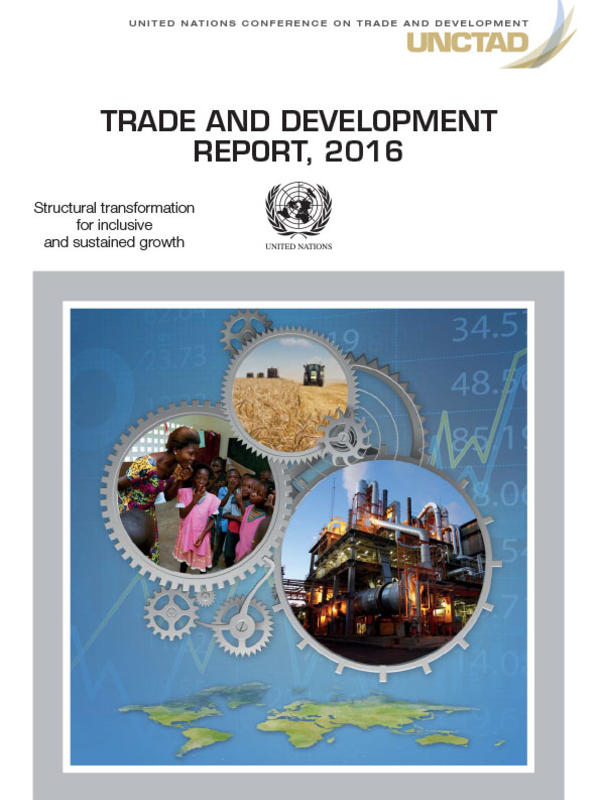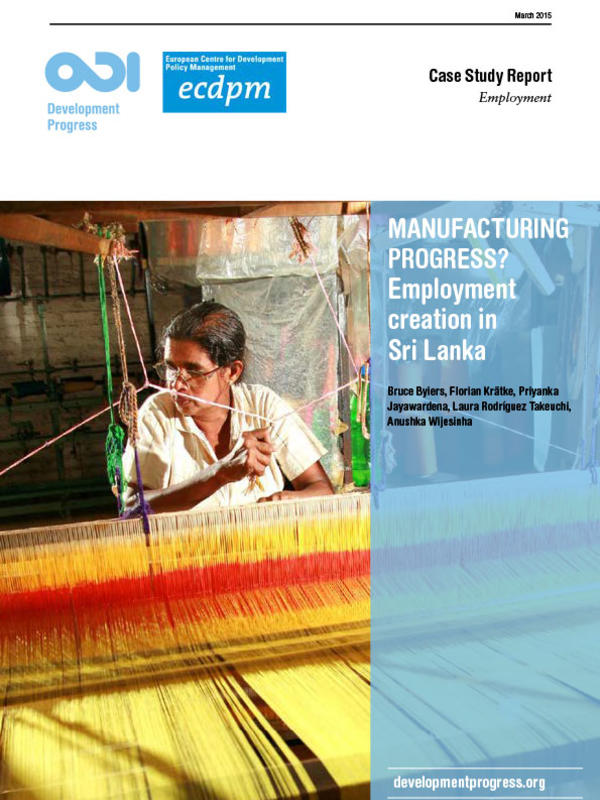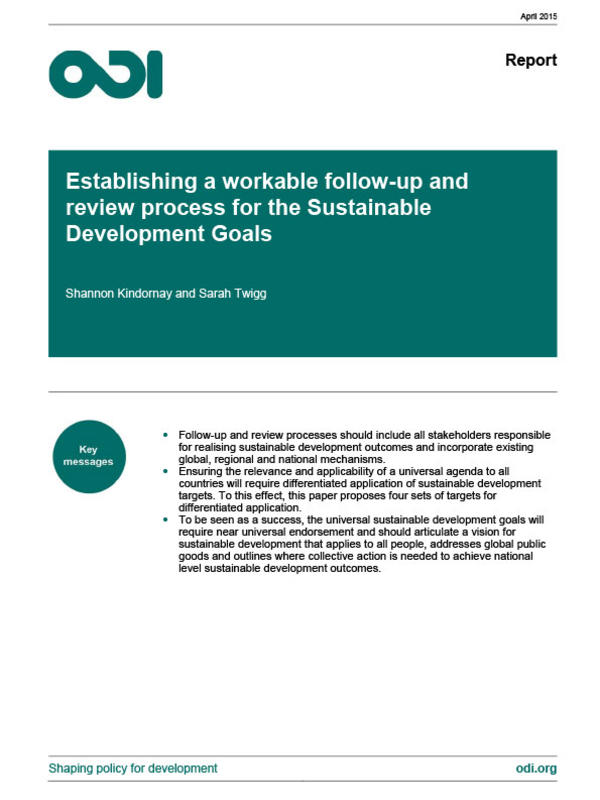The study examines Angola’s participation in international trade and its existing trade policy, and seeks to recommend some areas of policy changes that may help the Government to improve its trade performance and bring about inclusive development. As regards merchandise trade, the study identifies several sectors that could be usefully explored for the country’s export diversification efforts, particularly through accelerated agro-based industries development. These include coffee, tea, fruits, fruit juice, vegetables, maize, cassava, sugar cane, cotton, floriculture, sawdust briquettes, fisheries, palm oil and natural rubber. Other recommendations centre on improving capacities with supportive services infrastructures, and regulatory and institutional framework, improving and strengthening trade related fundamentals. As regards services trade, the study identifies some key services sectors in which reforms and improvement in the supply side would be necessary to boost trade. These include the energy, financial, construction, tourism, telecommunications and transport services. For example, it calls for improved quality of transportation and increased supply of road cargo transportation. For telecommunications services, it calls for raising funds to create a broadband infrastructure in order to connect all urban and rural geographic regions of the country and establish connections with the regional infrastructures supporting the development of telecommunications. For tourism services, it calls for development of the Angolan tourism services through quality products, incorporating the regional, cultural and natural diversity and to stimulate and facilitate the consumption of Angolan tourism products in the national, intraregional and international market.

